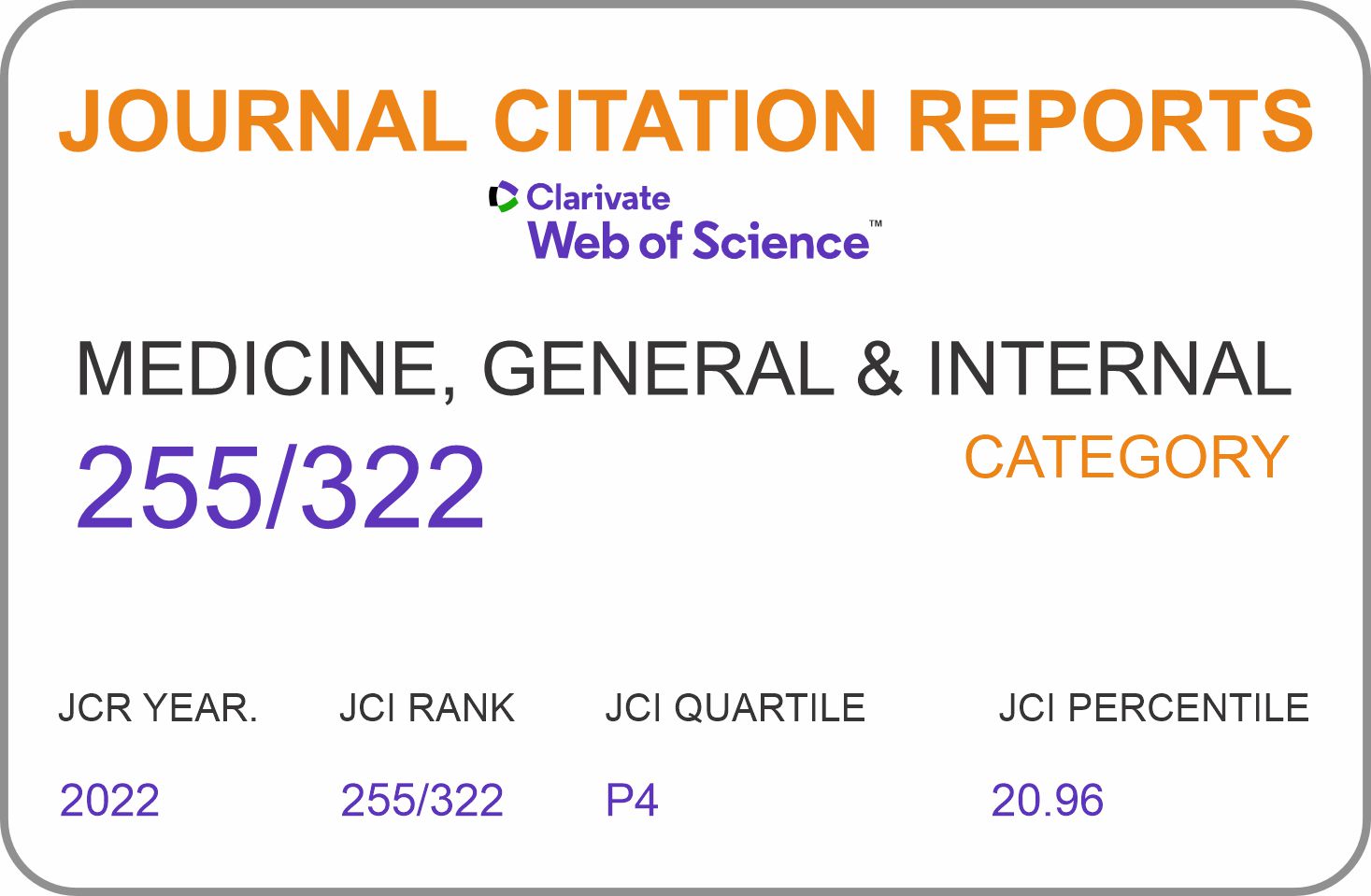Patient navigation in women with suspected breast cancer: A qualitative study in Lima, Peru
DOI:
https://doi.org/10.35434/rcmhnaaa.2021.144.1320Keywords:
Cáncer de mamas, Navegación de pacientes, Investigación cualitativaAbstract
Objetives: To identify and to describe the main benefits of the navigation system from the perspective of patients with suspected breast cancer. Identify and describe the barriers at the personal level of the users and those that they face institutionally until the definitive diagnosis is obtained. Material and Methods: A qualitative study was carried out between January and March 2020. Observation and in-depth interviews were the information gathering tools used. The experiences of five patients and three members of the health personnel were collected in one hospital of Lima. Results: The patients who were accompanied by the navigators state that their support allowed them to go through their stage of illness with greater ease, both emotionally and bureaucratically. The main perceived institutional barriers are i) infrastructure and hospital processes ii) inefficient follow-up and monitoring of patients. From the user side i) family and domestic obligations ii) fears and ignorance of the disease iii) previous experiences in the health system. Conclusions: Patient navigation allows logistical and emotional support that favours the experience of the patient. The difficulties encountered at the hospital level, far from disappearing, manage to be reduced, thus lightening the bureaucratic burden that patients must carry. There is an emotional bond between the patients and the navigators. The level of these affective relationships is mainly related to the reality of the patient, specifically to her social support network.
Downloads
Metrics
Downloads
Published
How to Cite
License
Copyright (c) 2021 Silvana M. Matassini-Eyzaguirre, Luis E. Figueroa-Montes

This work is licensed under a Creative Commons Attribution 4.0 International License.















